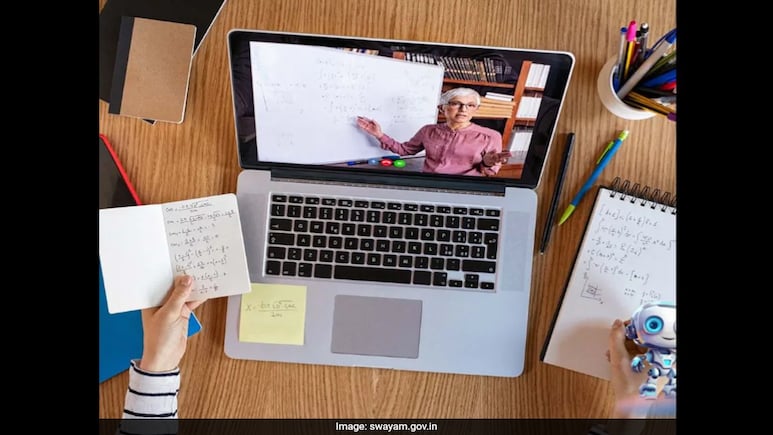
Teachers' Day 2025: India is celebrating Teachers' Day today to honour educators who continue to play a pivotal role in shaping students' futures. While the classroom remains central to education, the way knowledge is accessed and delivered has changed significantly over the past two decades. From the first online class in 2003 to the present-day use of Artificial Intelligence (AI) tutors, India's education landscape has undergone a major shift.
From Classrooms To Clicks
In earlier times, students depended solely on teachers and books for learning. The internet's arrival expanded access, helping learners confirm facts, understand complex theories, and find simplified explanations. The launch of YouTube in India further transformed education by offering free tutorials across subjects, empowering students to learn at their own pace. However, social media distractions remain a concern, with platforms like Instagram and short-form videos diverting attention from studies.
Despite these challenges, the internet and AI tools like ChatGPT have emerged as valuable support systems. Students stuck with doubts can now seek instant solutions online. Experts, however, caution against over-dependence, warning that it may weaken problem-solving skills.
Government Push For Digital Access
To ensure equity in education, the Government of India launched SWAYAM, offering free interactive courses from Class 9 to post-graduation. Over 1,000 teachers have contributed to designing courses, which include video lectures, reading material, self-assessment tests, and discussion forums. Similarly, NCERT's courses for Classes 11 and 12 are available on SWAYAM, helping bridge the gap for students across regions.
The National Programme on Technology Enhanced Learning (NPTEL) also hosts lectures via YouTube, underlining the platform's continued role in higher education.
EdTech Boom And New-Age Teachers
The Covid-19 pandemic gave a major boost to online education. Teachers such as Alakh Pandey, Vikas Divyakirti, and Khan Sir became household names, reaching millions through digital content. Competitive exam aspirants have been among the biggest beneficiaries, with nearly 70% using online platforms for preparation.
At the same time, online learning has extended to skill development-ranging from coding and languages to music and dance, making education more diverse than ever before.
AI Tutors And The Future Of Classrooms
In August 2023, a school in Kerala's Thiruvananthapuram introduced an AI teacher. Developed in collaboration with Makerlabs Edutech, Iris is the first humanoid robot teacher in the state and possibly the entire country.
AI-powered tutors are gaining traction, especially in urban centres. Platforms like Khan Academy and Byju's have launched AI-driven models to personalise learning, track student progress, and suggest focus areas. India's AI tutor market, valued at Rs 58.24 crore in 2024, is projected to grow to Rs 393.19 crore by 2030 at a rate of nearly 38% annually.
Yet, access remains unequal. Reports suggest over 80% of children are still away from formal online education, even though YouTube tutorials reach remote learners. A 2020 NCERT survey found that 27% of CBSE students lacked laptops for online classes, while 24% found digital learning difficult to adapt to.
Balancing Tradition And Technology
India's online education market, worth Rs 53,000 crore in 2025, is expected to grow by 29% annually until 2029. However, experts say traditional classrooms are not disappearing anytime soon. Instead, a hybrid model, indluding teachers' guidance with technology-driven support, appears to be the future.
On Teachers' Day, while India honours its educators, the larger question remains: how to harness technology and AI as allies in learning, without letting them replace the critical role of teachers in nurturing curiosity, problem-solving, and human connection in education.
